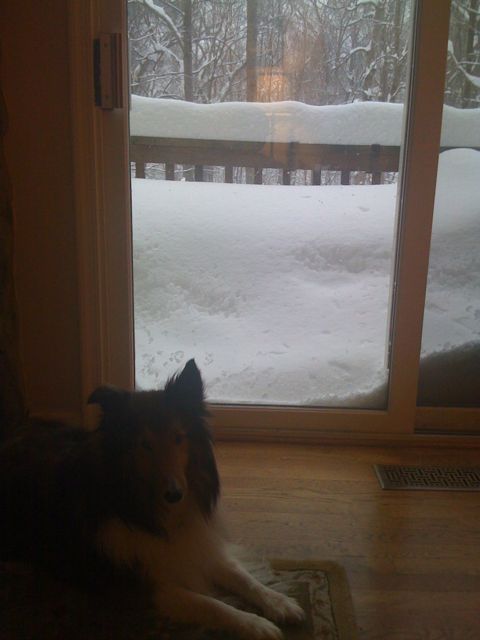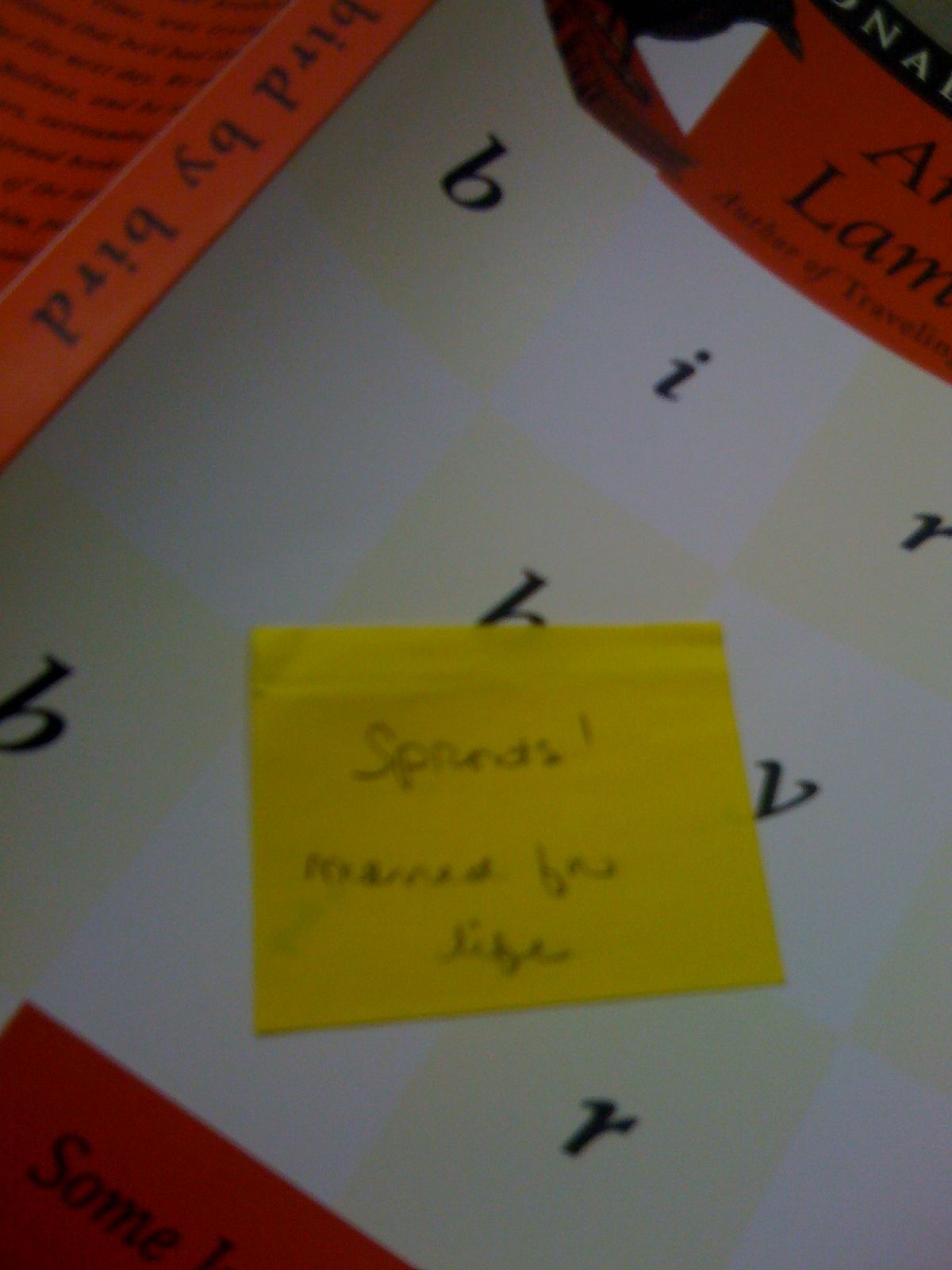Some of my library school cohort are graduating now, and I wanted to share some really hard-earned wisdom from old Auntie Jill.
I had to completely rewrite my resume once. Â I have never had writer’s block like this before – I would open my laptop, launch the Word file that contained my resume, stare at it in horror for about 15 seconds, quit the program, close the laptop and go off and do… well, anything.
I knew my experience was good. I knew my resume wasn’t reflective of that, and I did not know how to bridge that gap. As a writer, this particularly irked me. Isn’t this what I’m paid to do? To convince people through my words that something is worth doing? Something like… hiring me, say?
So finally, I sat down with a woman at the expensive outplacement center my former employer was paying for and for two hours she had me read all of the bullet points in my resume one after the other. Did this, wrote that, managed the other thing. And to every point she said, “Which resulted in what?” And the truth slowly dawned that showing results rather than activity was the important thing. And that the results weren’t always obvious to everyone, though they were so screamingly obvious to me that it seemed silly to put them down on the page until I was able to put myself in that other person’s shoes.
Anyone can do stuff. Â Prove to the world that the stuff you’re doing makes a difference, and don’t take it for granted that the difference you are making is self-evident. Â And congratulations, grads.





